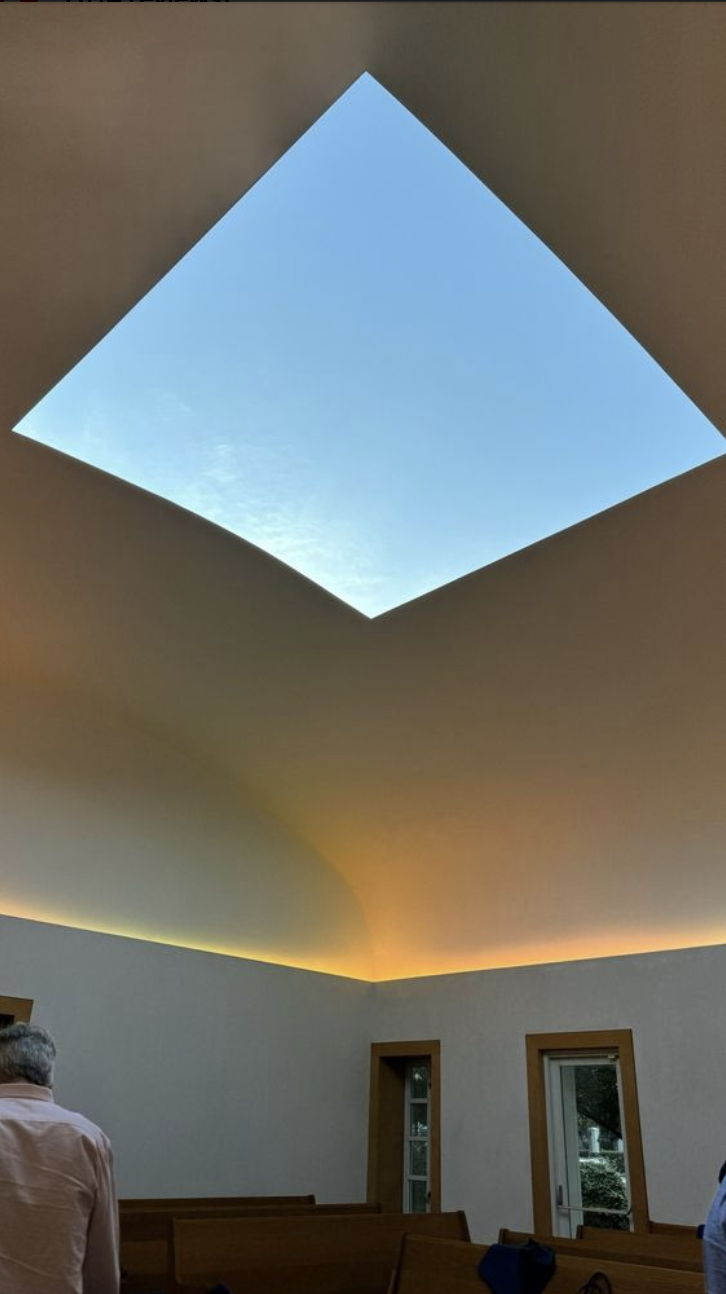Grievance and Gratitude
Dear Friends,
We have so much to be grateful for -- above all, for being itself. And today in group at 11am, we'll make some experiments with gratefulness to see if we can work it, flex it, like a muscle. The heart is a muscle, after all.
It is certainly possible to do the reverse, and to cultivate grievance. If you have been ill-used by life (and who has not been, at times?), then a culture of grievance is tempting. The worse one has been treated, the more the justification for resentment, and the unlikelier it is that we will choose a path of gratitude. Still, I take my cue from Viktor Frankl, who lived through impossible times in Auschwitz to demonstrate a grateful, intentional life in his Man's Search for Meaning (1946). Auschwitz could not extinguish his gratitude for the good that came his way and the good that he could create himself. It only sharpened his focus.
If we didn't have words like "gratefulness" and its near-synonyms ("thanks," "thankfulness," "appreciation," etc.), then how could we characterize what we mean by them? What would be the inner description of gratefulness?
One element in it might be that we recognize an incoming element as good. Another might be that we feel this good is a gift -- undeserved, unpaid-for, free to us. Another might be that we are moved by the experience to find and approach the giver. Today, I would like to emphasize still another, closely related, aspect: that "grateful" means, undefended toward the good.
In gratitude, not only grievance but also suspicion and other defensive postures fall away. We are open, at least for a moment. We do not lose ourselves in this openness, and simply become one with the giver who gives to us or the gift we receive. To be grateful is to maintain one's individuality. Subject and object do not quite fall away, yet we grow undefended toward the good.
The good thing might come from what feels like "within" us or from what feels like "outside" us. Wherever it originates, we open ourselves in that direction. If this undefended-toward-the-good were a way of life rather than only for a moment or a special occasion, what would life be like? How would we then behave, even in the context of life's injustices, horrors, and disasters?
We may not quite complete this transformation in the one hour we have from 11 to 12. Let's just see how far we can help each other to get.
wishing you joy,
Michael




